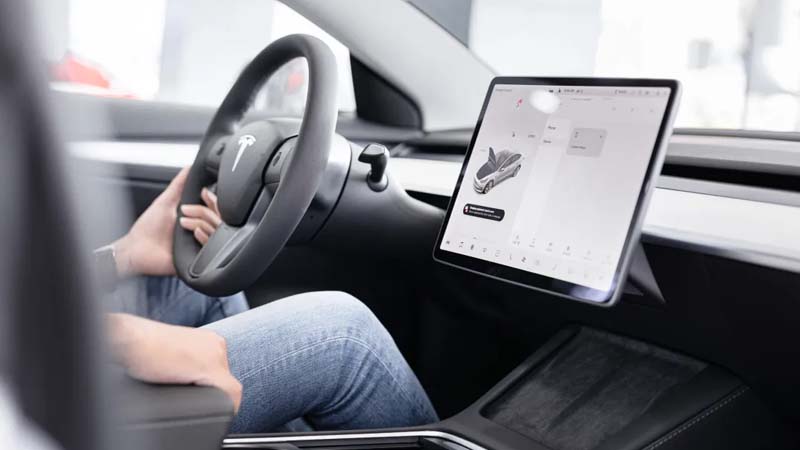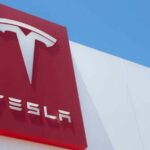
Tesla, the electric vehicle giant, has made a significant shift in its business strategy by canceling its plans for a lower-cost electric car, a move that deviates from its longstanding goal of making electric vehicles accessible to the masses. Three sources familiar with the matter and internal company communications, as reported by Reuters, confirm that the project, often referred to as the ‘Model 2′, priced around $25,000, is no longer in development. Instead, Tesla is refocusing its efforts on advancing self-driving robotaxis on the same vehicle platform.
This decision marks a departure from CEO Elon Musk’s vision outlined in his first “master plan” from 2006, which emphasized affordable electric cars as a key mission. Over the years, Musk had repeatedly promised investors and consumers an entry-level vehicle, including a recent affirmation in January about starting production in 2025.
The cancellation of this anticipated affordable model comes amidst a challenging backdrop of intense competition from Chinese electric vehicle makers, who have been aggressively releasing cars with significantly lower price tags, some as low as $10,000. This intense market competition and the lure of the lucrative robotaxi segment have likely influenced Tesla’s strategic pivot.
The shift also raises questions about Tesla’s path to achieving Musk’s ambitious sales targets, which envisioned selling 20 million vehicles by 2030. Analysts’ forecasts, which have been underpinned by expectations of a $25,000 vehicle, are now in doubt with this latest development.
Musk has been managing a diverse portfolio, including SpaceX, brain-chip developer Neuralink, and social media platform X (formerly Twitter). Amidst managing these ventures, Tesla has faced growing competition from Chinese automakers in the EV market, with Musk’s commitments stretched across his businesses.
The decision to halt the affordable car project seems to have been communicated internally within Tesla, as seen in company messages reviewed by Reuters. These messages included directives to halt further activities related to the project and advice to staff to document their work properly, suggesting a definitive end to the development of the affordable EV model.
Tesla’s realignment towards more advanced technologies like robotaxis, while abandoning a key part of its original mission, reflects the evolving priorities and challenges in the fast-paced and competitive world of electric vehicles. The decision highlights the strategic recalibrations companies like Tesla must make to stay ahead in an increasingly competitive and dynamic market.




